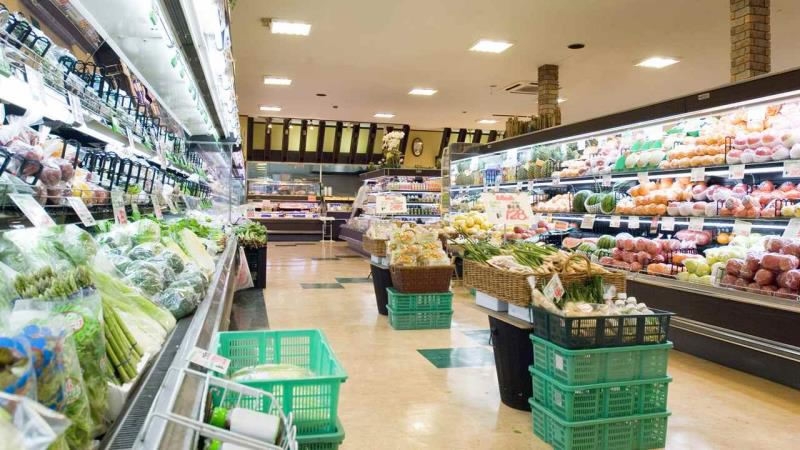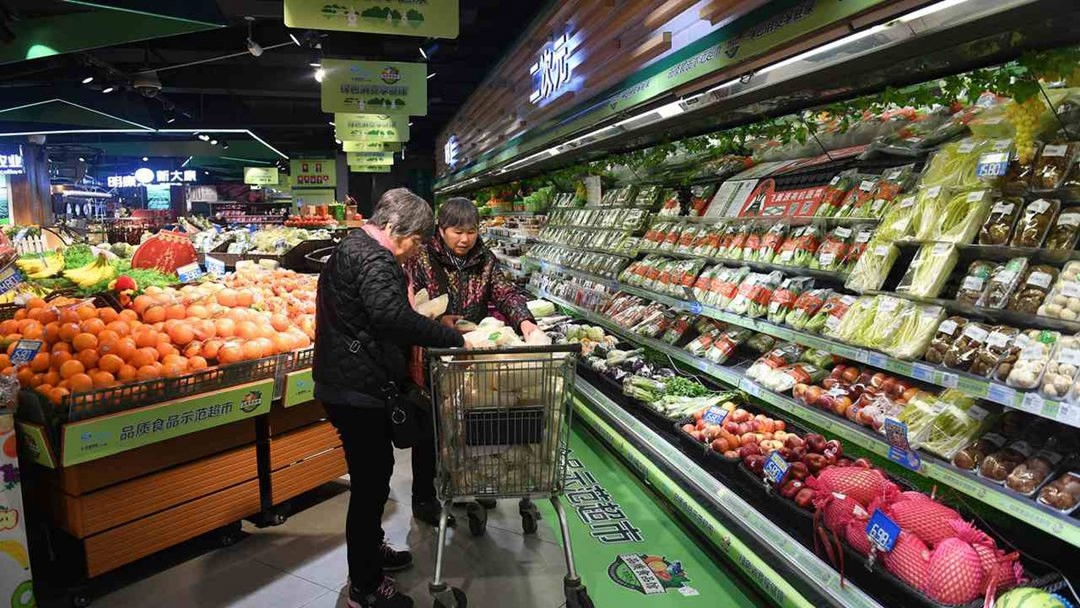
Business
20:10, 09-Feb-2018
Cold weather and Spring Festival send food prices up
By CGTN's Chen Tong

The Chinese may have to spend a little more on food during the Spring Festival this year. Experts say a colder than expected winter is the reason to blame.
Fresh data from the National Bureau of Statistics (NBS) show China's consumer price index (CPI) rose 1.5 percent year on year in January, up 0.6 percentage points from the previous month. The NBS attributed the slight month-on-month increase to rising food prices.
In January, food prices saw an average increase of 2.2 percent month on month nationwide. Fresh vegetables saw the most evident increase of about 10 percent, followed by fruit, fish and pork.
“Vegetable prices are up 10 to 20 percent. A Chinese cabbage had cost about 1 yuan, but now a good cabbage is closer to 1.7 yuan or maybe even more than 2 yuan,” a vendor said.

VCG Photo
VCG Photo
In addition, egg prices are also up, with another food vendor attributing the increase to the holiday. "Spring Festival always has an impact on egg prices."
Expert said the freezing weather and the Spring Festival are two main factors driving up food prices. The Spring Festival season has brought overall increases to all sectors recorded in the CPI. Sub-indexes including transportation, entertainment and pharmaceuticals are also slightly up compared to December.
Lian Ping, Chief Economist for the Bank of Communications, noted that food prices are expected to continue rising for now, but will likely begin to drop after the Spring Festival.
“February is a peak of the whole year as far as the relationship between supply and demand goes, and then there are carryover effects. But prices will drop after February because demand and supply are still basically in balance. Despite the rapid rise in economic development, supply is still keeping up with demand very nicely,” Lian forecasted.

SITEMAP
Copyright © 2018 CGTN. Beijing ICP prepared NO.16065310-3
Copyright © 2018 CGTN. Beijing ICP prepared NO.16065310-3